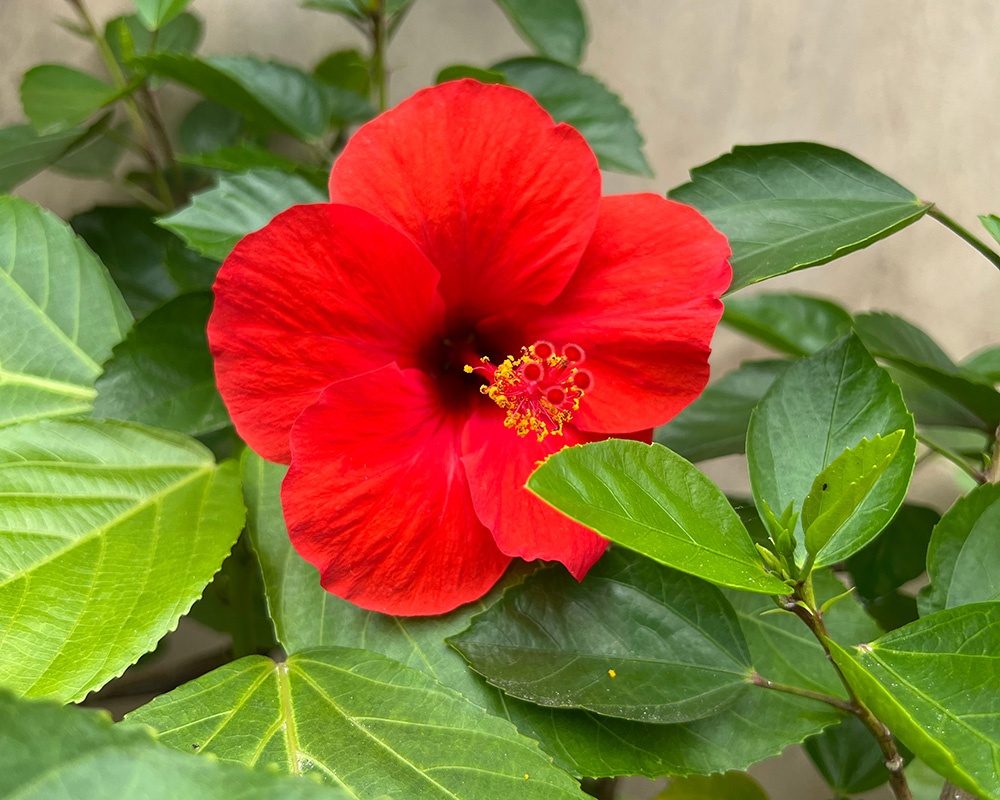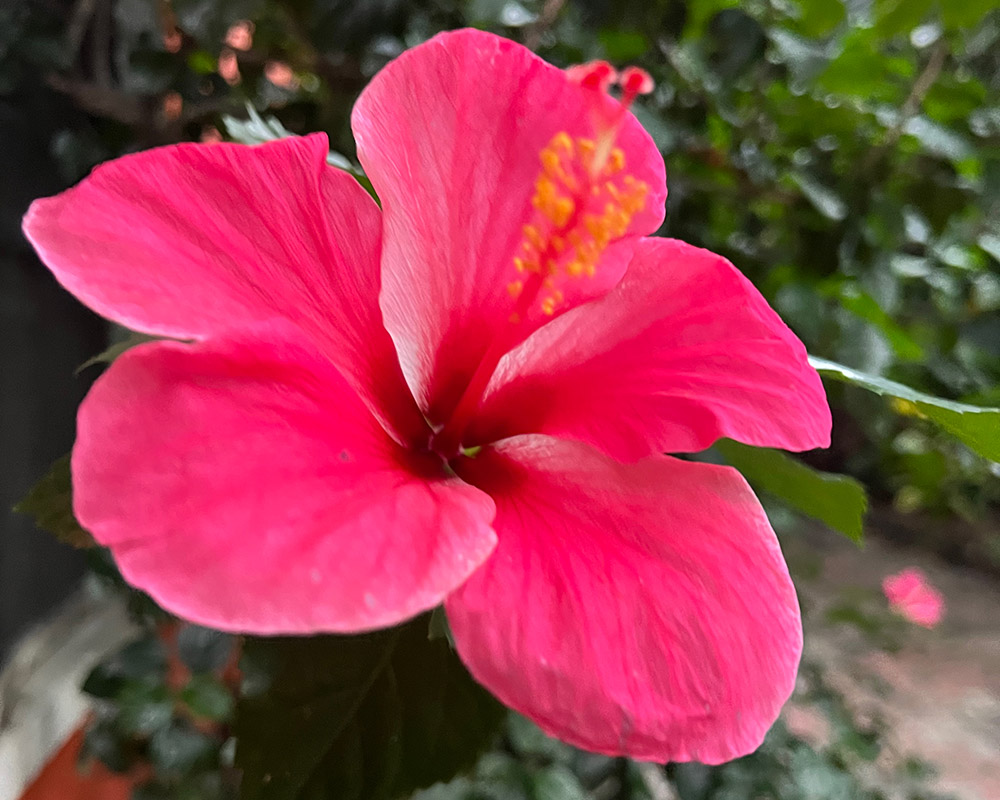Zobo: Nigeria’s Hibiscus Infusion – A Culinary and Cultural Delight
In the heartlands of Nigeria, a vibrant and refreshing beverage has woven itself into the fabric of everyday life – Zobo. This unique tea, derived from the dried sepals of the Hibiscus sabdariffa plant, not only tantalizes the taste buds but also carries with it a rich cultural history that spans generations.
The Hibiscus Connection
At the center of this flavorful concoction is the hibiscus plant, known locally as “Zobo” or “Sorrel” in Nigeria. The scientific name, Hibiscus sabdariffa, reflects its distinctive red calyces, which are the protective outer parts of the flower. These calyces, when dried, serve as the primary ingredient for making Zobo tea. The plant is not only celebrated for its culinary applications but also for its potential health benefits.
Culinary Craftsmanship
The preparation of Zobo is a culinary craftsmanship passed down through generations. The dried hibiscus calyces are combined with an array of flavorful additions, creating a beverage that transcends mere refreshment. Commonly added ingredients include ginger, cloves, pineapple peels, and sometimes a hint of citrus from orange or lemon zest. These additions impart depth and complexity to the beverage, making every sip a journey of flavors.

To prepare Zobo, the dried hibiscus calyces are boiled with the selected spices and sweeteners, typically sugar or natural sweeteners like honey. The resulting brew is then left to steep, allowing the flavors to meld and intensify. The final product is a brilliant ruby-red infusion that captures the essence of the hibiscus plant and the cultural heritage it embodies.
Cultural Significance
Zobo holds a special place in Nigerian culture, featuring prominently in social gatherings, celebrations, and everyday life. It is not merely a beverage but a symbol of hospitality and communal unity. Whether served at family gatherings, weddings, or as a daily refreshment, Zobo is a shared experience that brings people together.
In Nigeria, the consumption of Zobo is not limited to a specific demographic. It transcends age groups and social classes, making it a truly inclusive and ubiquitous beverage. Its versatility is further highlighted by variations in preparation methods and ingredient combinations across different regions and households.
Health and Wellness
Beyond its delightful taste, Zobo is also revered for its potential health benefits. The hibiscus plant is rich in antioxidants and has been associated with various health-promoting properties. Studies suggest that hibiscus tea may contribute to lower blood pressure and improved heart health. Additionally, its vibrant red hue is indicative of anthocyanins, powerful compounds with anti-inflammatory properties.

In Nigerian households, Zobo is not only cherished for its cultural significance but also embraced for its potential positive impact on well-being. This dual role as a delicious treat and a potential health elixir adds an extra layer of appreciation for this traditional beverage.
Global Appeal
While deeply rooted in Nigerian culture, Zobo has transcended borders, gaining recognition on the global stage. Its unique flavor profile and the health-conscious trend of herbal teas have contributed to its popularity beyond Nigeria’s shores. As more people seek diverse and exotic beverages, Zobo stands out as a flavorful and culturally rich option.
In global markets, Zobo has found its way into specialty tea shops, health-conscious cafes, and international culinary events. Its journey from a local tradition to a globally appreciated beverage reflects the universal allure of flavors deeply embedded in cultural practices.
Conclusion
Zobo, the hibiscus tea of Nigeria, is more than a beverage; it is a cultural ambassador, a symbol of togetherness, and a sensory journey through the flavors of the hibiscus plant. From the hands of local artisans crafting it in Nigerian kitchens to its emergence on the global stage, Zobo showcases the harmonious blend of tradition and innovation. As this vibrant tea continues to enchant taste buds and bridge cultural divides, it remains a testament to the timeless allure of flavors deeply rooted in cultural practices.